Canadian Nikkei Series

The inspiration for this new Canadian Nikkei interview series is the observance that the gulf between the pre-WW2 Japanese Canadian community and the Shin Ijusha one (post-WW2) has grown tremendously.
Being “Nikkei” no longer means that one is only of Japanese descent anymore. It is far more likely that Nikkei today are of mixed cultural heritage with names like O’Mara or Hope, can’t speak Japanese and have varying degrees of knowledge about Japan.
It is therefore the aim of this series to pose ideas, challenge some and to engage with other like-minded Discover Nikkei followers in a meaningful discussion that will help us to better understand ourselves.
Canadian Nikkei will introduce you to many Nikkei who I have had the good fortune to come into contact with over the past 20 years here and in Japan.
Having a common identity is what united the Issei, the first Japanese to arrive in Canada, more than 100 years ago. Even in 2014, it is the remnants of that noble community that is what still binds our community today.
Ultimately, it is the goal of this series to begin a larger online conversation that will help to inform the larger global community about who we are in 2014 and where we might be heading to in the future.
Stories from this series
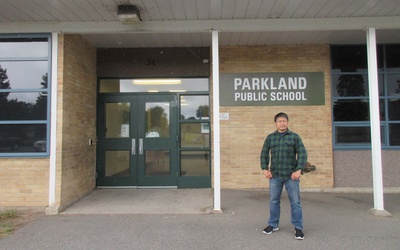
Dr. Jiro Takai's Journey of Becoming From the Soo to Nagoya University — Part 2
Sept. 24, 2023 • Norm Masaji Ibuki
Read Part 1 >> Jiro’s Parents Remembering his father who has since passed on, Jiro shares his own experiences. JT: He was a wonderful man, who never got angry, and had a great sense of humour. He was super sociable, and loved to have parties at our home. That kind of bugged me, as a youth, since these old geezers (in their 40s) would come over, get drunk and loud, whilst I was trying to study. His friends were mainly …
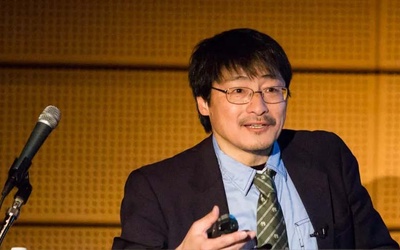
Dr. Jiro Takai's Journey of Becoming From the Soo to Nagoya University — Part 1
Sept. 17, 2023 • Norm Masaji Ibuki
My childhood friend, Jiro Takai, and I have been on parallel life paths of sorts. We first met in elementary school in Sault Ste. Marie (the Soo), northern Ontario, Canada. Growing up, unbeknownst to each other, we would forge careers in education. Having since reconnected in recent years, Jiro has become a wonderful friend and ally. Over the decades, our lives have crisscrossed many times from Canada to Japan, back to Canada and Japan again… the tettertottering between cultures continues. …
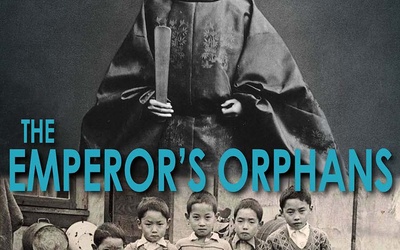
Sally Ito’s Memoir The Emperor’s Orphans: An interview - Part 2
Nov. 20, 2018 • Norm Masaji Ibuki
Read Part 1 >> What does being Nikkei mean to you today? Being Nikkei today means being aware of who I am regarding my personal history, and being aware of what continues to inspire me as a writer. Is this something that you are passing on to your kids? If so, how and why? What is their reaction to these stories and their connection to Japan? Am I passing this on to my kids? I have tried my best to …
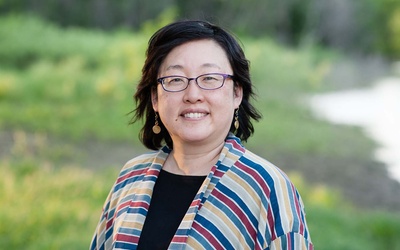
Sally Ito’s Memoir The Emperor’s Orphans: An interview - Part 1
Nov. 19, 2018 • Norm Masaji Ibuki
Nation of Birds What if our only home were the air And our wings flapping through it? And time the space we lived in And the nest, a current for our eggs? What if there were no abode but Shore or field, one day to the next, The wide sky, the only true resting place Made of movement and yearning For a never-arriving home? — Sally Ito In Winnipeg poet/teacher/translator Sally Ito’s memoir, The Emperor’s Orphans (TEO), readers are taken …
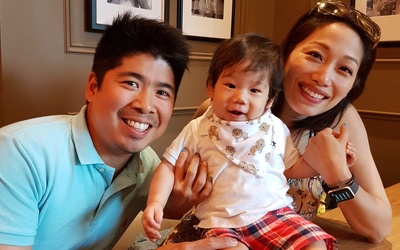
Canadian Nikkei: Oakville Sansei Dr. Erik Nabeta - Part 2
Aug. 1, 2018 • Norm Masaji Ibuki
Read Part 1 >> Have you ever been to Japan? What attracts you to it? Any contact with family there? Yes, Tokyo. It was only four days, and I need to return. One of my favourite cities I’ve ever visited. Can’t wait to go back. I have a couple of Japanese friends that have said I need to visit Kyoto as well. I love Japanese culture for the respect they all carry. The city works so well because of this. …
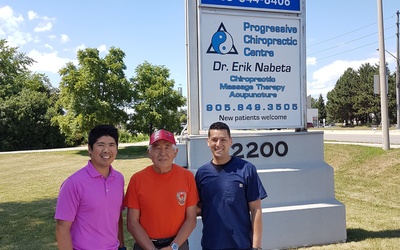
Canadian Nikkei: Oakville Sansei Dr. Erik Nabeta - Part 1
July 31, 2018 • Norm Masaji Ibuki
As a public school teacher, I’m keenly aware of the breakneck speed at which culture is evolving and how, correspondingly, ideas of “Nikkeiness” are changing too. Who needs grandpa anymore when discussions and information are just a Google search away? For me these days the discourse about identity has shifted from the binary hafu to something a lot more diverse. Nowadays, it isn’t unusual for me to meet students at my mostly Punjabi/Hindi school, who tell me that they have …
 We’re looking for stories like yours!
Submit your article, essay, fiction, or poetry to be included in our archive of global Nikkei stories.
Learn More
We’re looking for stories like yours!
Submit your article, essay, fiction, or poetry to be included in our archive of global Nikkei stories.
Learn More
New Site Design
See exciting new changes to Discover Nikkei. Find out what’s new and what’s coming soon! Learn MoreWriter Norm Masaji Ibuki lives in Oakville, Ontario. He has written extensively about the Canadian Nikkei community since the early 1990s. He wrote a monthly series of articles (1995-2004) for the Nikkei Voice newspaper (Toronto) which chronicled his experiences while in Sendai, Japan. Norm now teaches elementary school and continues to write for various publications.
Updated August 2014

Discover Nikkei Updates



See exciting new changes to Discover Nikkei. Find out what’s new and what’s coming soon!

